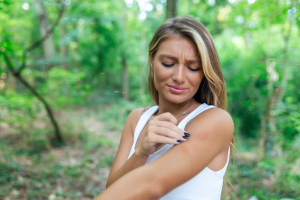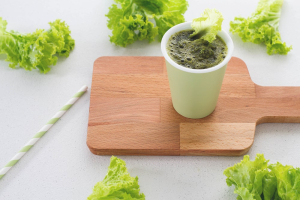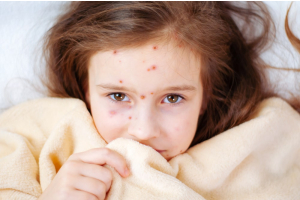Why the Flu Shot is Especially Important for Kids and Seniors?
Want to be the first to hear latest news and find out about our exclusive promotions.
Sign Up for Our Newsletter:

The flu is a serious illness. Whilst some folks confuse the common cold with the flu, the flu is much more severe and even life-threatening, particularly for young children and the elderly. Whilst everyone is advised to get a flu shot every year, the need is especially high among children and older generations. Flu-related complications occur most frequently in those under 5 and in the elderly, and getting a shot helps reduce community transmission rates of the flu and generally keeps everyone safe. Being vaccinated against the flu significantly reduces your chance of illness or death.
Is the flu vaccine safe?
Flu vaccines are safe and effective. Countless studies have demonstrated the effectiveness and safety of flu vaccines. While there are some mild side effects in some people (such as soreness, fever, headache, and nausea), most people will not experience any side effects. Importantly, vaccines DO NOT cause autism, nor do flu vaccines contain mercury or cause the flu, all contrary to popular rumor.
Are there risks to children when caching the flu?
Among children, the flu can cause pneumonia, dehydration, encephalopathy, and can aggravate any underlying health problems that they may have. While relatively rare, children under 5 do die from the flu every year, and among them, 80% were unvaccinated against the flu. It is suggested that there be a flu shot each year for children six months and above, preferably by the end of October. Occasionally a child will require two doses of the vaccine, and the process should begin even earlier. Discuss this with your doctor.
Does catching the flu put older people at risk?
Older patients are at even greater risk for complications from the flu. In the UK, approximately 80% of flu deaths are among those aged 75 and older. Weakened immune responses and underlying health problems contribute to a high death rate among the elderly, in addition to a weaker immune response to vaccines than in younger people. There are generally two types of vaccines available for the old folks that take their decreased immune response into account, the adjuvanted vaccine and the high dose vaccine. The adjuvanted dose includes an adjuvant, which is an ingredient designed to induce a higher immune response. The high dose variant contains four times as many antigens, which produce the immune response, as the regular dose. It is suggested that you get whatever dose is available to you, but discuss with your doctor if you have underlying health problems that might affect your immune response.
- Stop Smoking Service (31)
- Baby Care (16)
- Allergy and Hayfaver (15)
- Medicine Online (1)
- Skin Care (40)
- Vitamin And Supplement (71)
- Hair Care (32)
- Fungal Infection (12)
- Sore Throat Treatment (32)
- Flu Relieving Medicine (3)
- Deodorants (5)
- Diarrhoea Treatment (2)
- Muscle Pain Treatment (6)
- Covid-19 Essentials (4)
- Cold and Flu Treatment (23)
- Back Pain Relief Treatment (2)
- Repeat Prescription Service (12)
- joint Pain Treatment (17)
- Sinus Treatment (1)
- Migraine Tratment (11)
- Arthritis Treatment (2)
- Fungal Infection Treatment (23)
- Press Release (1)
- Sexual Health (34)
- Health Checkup (22)
- weight management service (36)
- Flu vaccination (44)
- Emergency contraception (14)
- Travel clinic (61)
- Corona Disease (1)
- Emergency Medicines Service (2)
- Monitored Dosage Systems service (1)
- Medicines User Review service (1)
- Covid 19 Test (12)
- skincare (34)
- Ear microsuction (34)
- Pain Treatment (2)
- stomach pain Treatment (8)
- Stop Smoking Aids (7)
- headache & pain relief (3)
- Eye Care (11)
- Diabetes (11)
- Skincare Product (22)
- Health Care (9)
- Blood Pressure Check (17)
- hajj vaccination (3)
- Perfumes (7)
- Dental Oral Care (6)
- Foot Care (5)
- Ear Care (7)
- Care Home (8)
- Shingles (3)
- Sinusitis (3)
- Infected Insect Bites (3)
- Acute Otitis Media (2)
- Impetigo (2)
- UTI (2)






